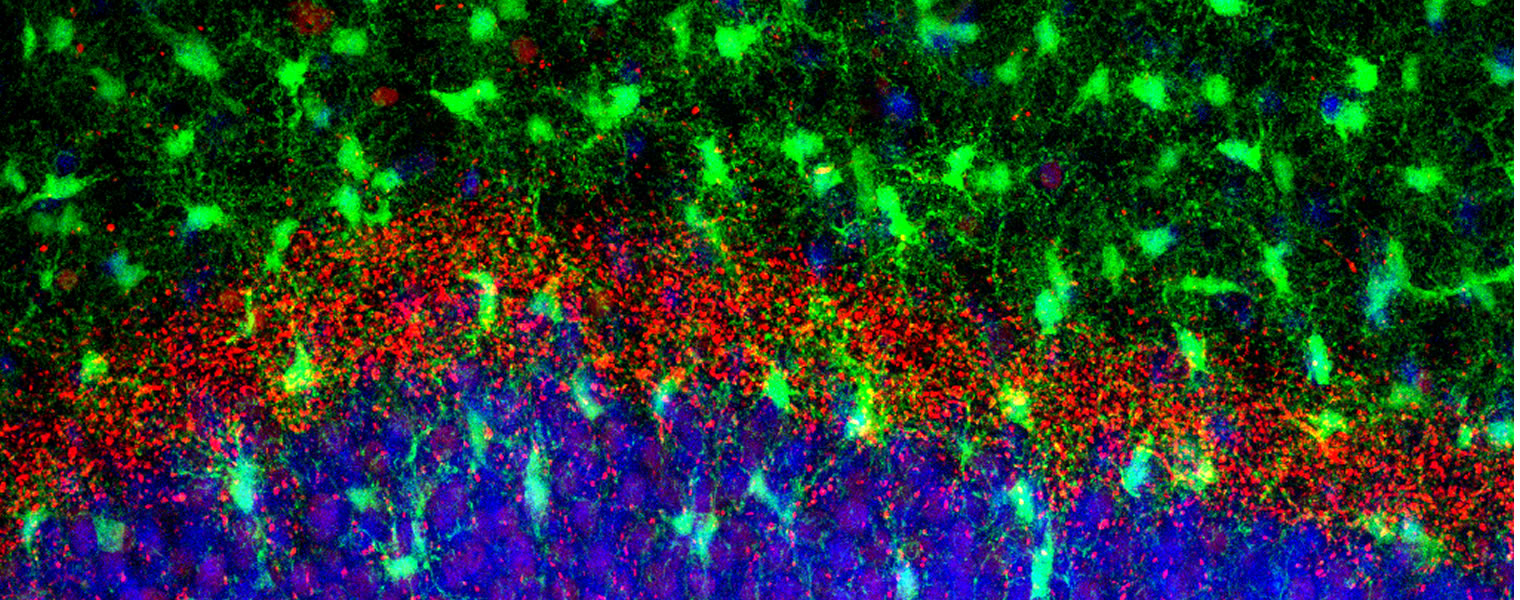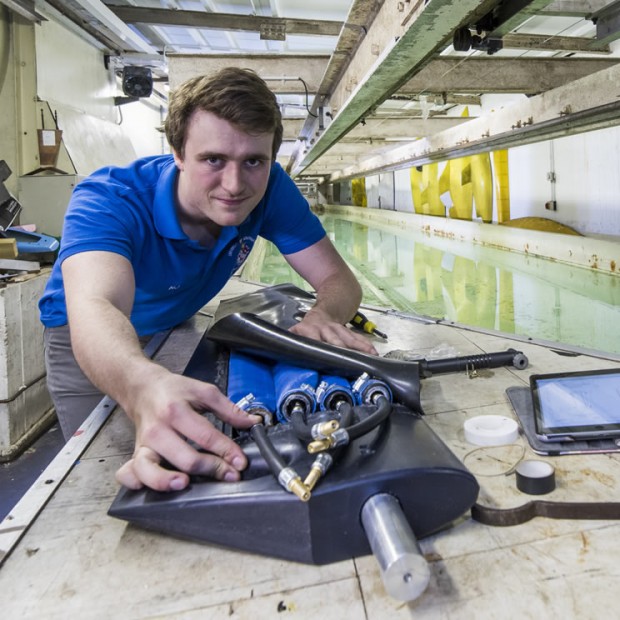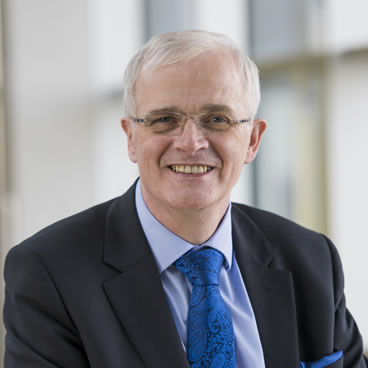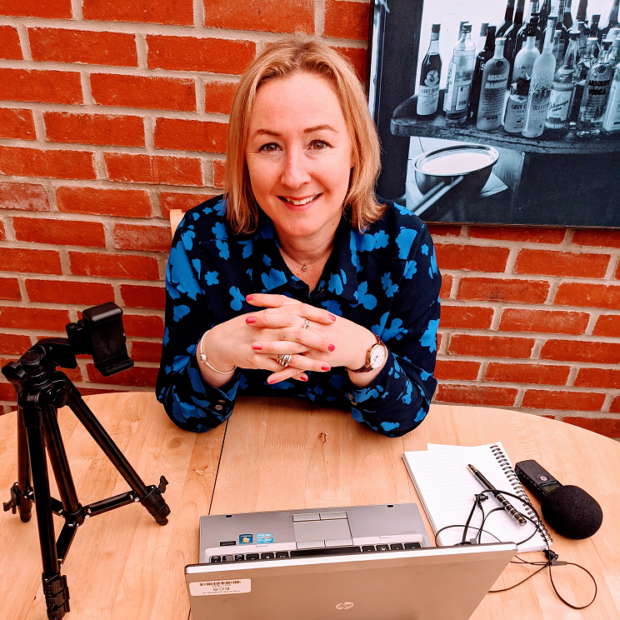Hartley News Online Your alumni and supporter magazine
Around 46 million people worldwide are living with dementia today, and every three seconds, someone is diagnosed with the condition. Dr Diego Gomez-Nicola, career-track lecturer and Medical Research Council (MRC) fellow at the University, tells us about his innovative research that aims to find new treatments for Alzheimer’s by targeting inflammation in the brain.
“In our lab, our main focus is a cell type called the microglia,” Diego says. “Microglia are the equivalent of immune cells of the brain; the brain doesn’t have the same immune system as the rest of the body, and microglia take on this role.
“The trouble is, when Alzheimer’s comes into the equation, these microglial cells have a detrimental effect: they increase in number and accelerate the progression of the disease. Our intention is to understand how these cells react to the disease, and how we can stop this from occurring,” he explains.
“There is a lot we don’t know about Alzheimer’s disease: we don’t know how someone gets it or how it develops,” says Diego. “Most of the research into Alzheimer’s over the years has been based on the build-up of ‘plaques’ of proteins, such as amyloid beta, around the neurons in the brain. However, there are still no treatments, so if we were able to slow down, delay or change the trajectory of the disease it would be a major success,” he adds.
History of expertise
Southampton researchers have conducted groundbreaking studies linking inflammation with the progression of Alzheimer’s disease. “Professor Hugh Perry is a pioneer in this field; he showed that inflammation in the body, for example caused by a cold or a chest infection, accelerates the progression of the symptoms of Alzheimer’s disease,” says Diego.
Hugh and Diego’s research teams recently discovered an unexpected way to restrict the numbers of microglia and slow down the progression of neurodegenerative disease in lab models. When they ‘switched off’ a receptor known as CSF1R (colony stimulating factor 1 receptor), which controls cells of the body’s immune system, they could also restrict the numbers of microglia in the brain and further delay the progression of neurodegeneration.
Innovative project
Building on this finding, the researchers are working to understand how microglial cells increase in number when Alzheimer’s disease arises, and to develop new treatments to stop this from occurring.
Diego’s team was the first to receive funding from the Dementia Consortium – a unique target validation and drug discovery initiative between Alzheimer’s Research UK, MRC Technology and the pharmaceutical companies Eisai and Lilly.
“The Dementia Consortium is an innovative approach from Alzheimer’s Research UK. What has been stopping this field from progressing into the clinic for so long has been the time it takes from a finding in the lab to be translated into a treatment that can benefit a patient. We need to know where the delays are coming from and we need to accelerate this” says Diego. “This Consortium is doing exactly that; by collaborating with drug discovery experts and pharmaceutical companies, we hope that any drugs we develop will much more rapidly be translated into the clinic to benefit patients.”
So why is Southampton such a good place in which to do this type of research? “In the field of neuro-inflammation, Southampton is a leading hub in the research community,” says Diego. “We have many experts studying Alzheimer’s from different perspectives such as the immune system, neurons and blood vessels in the brain.” Southampton is also part of the Alzheimer’s Research UK South Coast Network, which involves the universities of Southampton, Sussex, Bournemouth and Portsmouth. “This is a network of scientists working in dementia from all sorts of approaches, facilitating collaboration and exchange of resources and ideas” he explains.
For more information about Diego’s research, visit www.southampton.ac.uk/biosci/about/staff/dgn1n09.page



